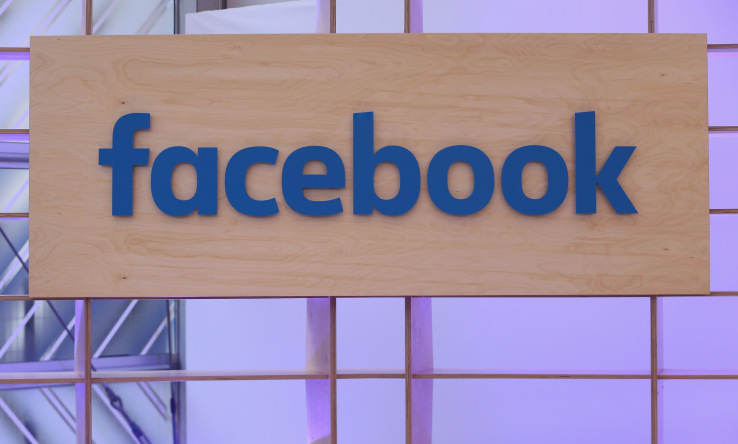

Following its April post-mortem on its platform’s role in the 2016 U.S. presidential election, Facebook is out with some juicy new details. Most noteworthy given the public’s intense interest in all things Russian is the fact that potential pro-Kremlin entities apparently purchased as much as $150,000 in political ads on the platform between 2015 and 2017.
As Facebook Chief Security Officer Alex Stamos explained in a blog post:
“There have been a lot of questions since the 2016 US election about Russian interference in the electoral process. In April we published a white paper that outlined our understanding of organized attempts to misuse our platform. One question that has emerged is whether there’s a connection between the Russian efforts and ads purchased on Facebook. These are serious claims and we’ve been reviewing a range of activity on our platform to help understand what happened.
“In reviewing the ads buys, we have found approximately $100,000 in ad spending from June of 2015 to May of 2017 — associated with roughly 3,000 ads — that was connected to about 470 inauthentic accounts and Pages in violation of our policies. Our analysis suggests these accounts and Pages were affiliated with one another and likely operated out of Russia.”
In addition to that $100,000, another $50,000 in political ad spending is thought to have loose connections to Russia that suggest Russian origins, including “ads bought from accounts with US IP addresses but with the language set to Russian.”
According to Stamos, the “vast majority” of the ads in question did not explicitly mention candidate names or the presidential race itself. Instead, they focused on a spectrum of wedge issues that were particularly hot leading into the election, including gun rights, immigration, LGBT rights and race. Roughly one quarter of these ads were targeted to particular geographic regions, particularly the ads that ran in 2015. Facebook’s more recent findings mesh with the insights around political misinformation campaigns that it published in April of this year. Perhaps most interesting is the revelation that bots aren’t actually responsible for most of this stuff — the bulk of it appears to be non-automated, coordinated campaigns by human actors.
Given the deep knowledge of state-level American politics necessary to successfully geo-target ads like these, the whole thing raises further questions about the possibility that entities linked to the Russian government might have coordinated with individuals in the U.S., though it doesn’t begin to answer those questions.
On Wednesday, Facebook spoke to Congress about the findings as part of its investigation into Russian interference in the 2016 U.S. election. In a follow-up story by The Washington Post, Facebook admitted that “there is evidence that some of the accounts are linked to a troll farm in St. Petersburg, referred to as the Internet Research Agency, though we have no way to independently confirm.” The Internet Research Agency is a group known for its pro-Kremlin online propaganda campaigns, which U.S. intelligence agencies believe is funded by a close associate of Russian President Vladimir Putin with connections to the Russian intelligence community.
For its part, Facebook has been acting on the results of its internal audit examining the ways its platform may have been exploited in the 2016 U.S. election. Based on these reviews, the company was able to boot off its platform 30,000 suspect accounts engaging in what it calls “false amplification” around the time of the French election earlier this year. The company has also begun blocking ads from pages and accounts that repeatedly share fake news and misinformation. Still, if these kind of influence campaigns are truly linked to Russian intelligence efforts, Facebook is going to have a hell of a time trying to stay a few steps ahead.
Featured Image: Sean Gallup/Getty

